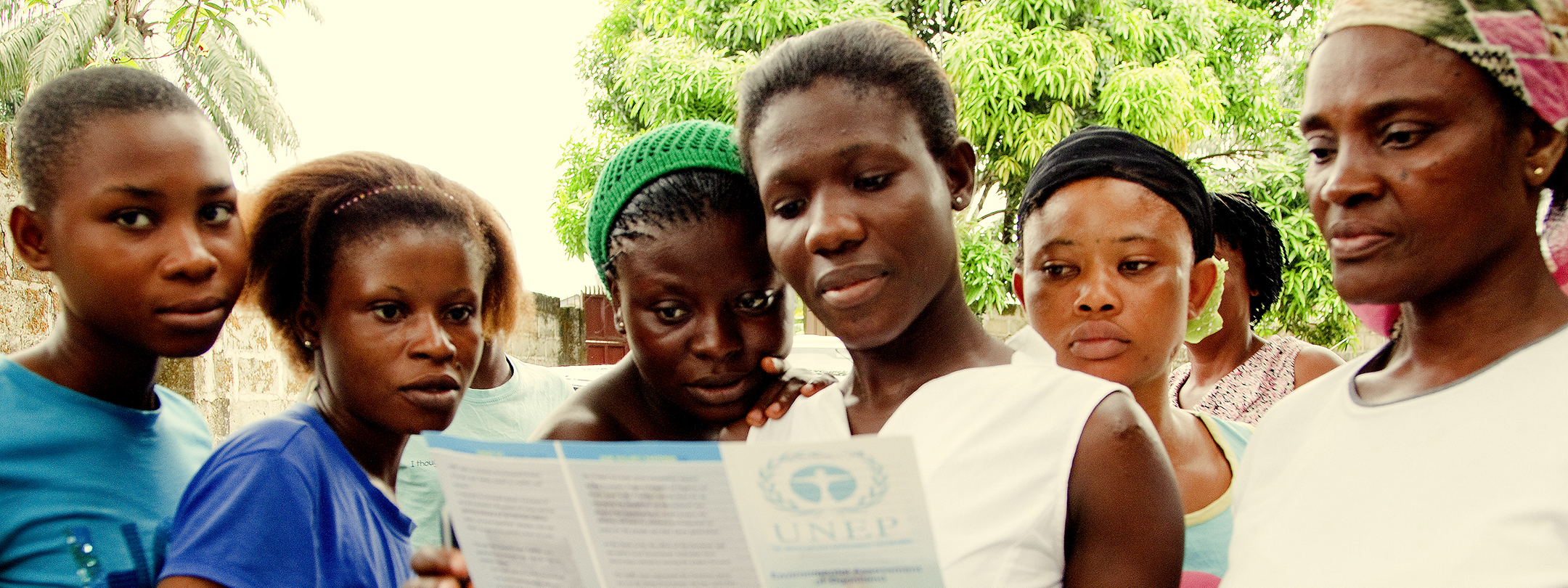Mainstreaming Failure or a Small Measure of Success? Observations from a Large-Scale PCIA in Post-War Sri Lanka
Publisher: Journal of Peacebuilding & Development
Author(s): Simona Achitei
Date: 2014
Topics: Assessment, Monitoring and Evaluation, Programming
Countries: Sri Lanka
In May 2009, controversies emerged over Sri Lanka’s human rights record in the last stages of the 27-year civil war between the Government of Sri Lanka (GoSL) and the Liberation Tigers of Tamil Eelam (LTTE). At the same time, a complex post-war environment characterised by the shifting of government and foreign donor priorities, accelerated economic development and profound socio-political transformations created a difficult context for humanitarian and development interventions. The following is an evaluation of the successes and failures of Peace and Conflict Impact Assessment (PCIA) processes, not only with reference to their original intent, but also by considering their intrinsic relationship with the political and politicised context where they have taken place. This article argues that donor-driven PCIA processes are most effective as intelligence-gathering exercises that can adequately inform decision-making mechanisms at the macro-level while promoting principles of community empowerment at the micro-level. As showcased in Sri Lanka, PCIA has the added potential to breach the narrow confines of its mandate by enabling local communities to make a public claim for justice and accountability.
